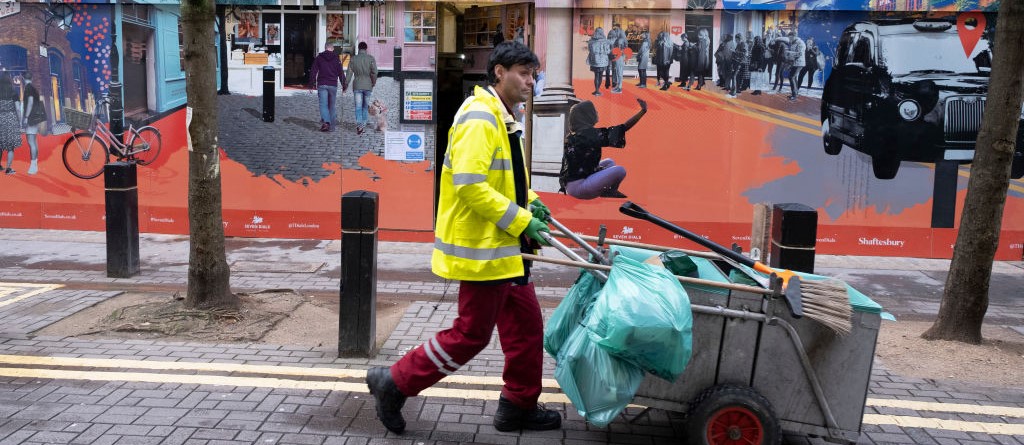No to ‘poverty wages’
Unite local government members overwhelmingly reject â€paltry’ pay offer in consultative ballot
About 70,000 local government workers, members of Unite have overwhelmingly rejected the â€paltry’ two-year pay offer in a consultative ballot.
Unite’s local government national committee had recommended that its members in England, Wales and Northern Ireland reject the pay offer from the Local Government Employers for a two-year pay deal of one per cent for the years starting April 2016 and April 2017.
Unite announced today (February 26) that its local authority members had voted by a majority of 87 percent to reject the employers’ pay offer.
“Our members have voted by a large majority to reject the offer and our battle continues for fair funding for local government and that includes pay,” said Unite national officer for local government Fiona Farmer.
“We are awaiting the ballot results from all the NJC unions before deciding on what action to take and we urge the employers to continue to engage with us on pay.
“We have been very disappointed in the paltry offer from the employers,” she added. “This in no way addresses the continuing issue of low pay in local government for those that staff our libraries, care for the elderly and vulnerable, collect our refuse and tend our parks.
“It does nothing to restore the 20 per cent real cut in earnings that have eroded our members’ pay since 2010, as well as the 25 per cent reduction in the workforce, meaning that those remaining are working more for less. We are entering into the realm of poverty wages,” Farmer argued.
“Ironically, in January, the High Pay Centre think tank showed that the pay of company executives returning to work in the new year passed the UK average salary of £27,645 by late afternoon on Tuesday 5 January.
“A total of 60 per cent of the 1.3 million local government workforce in the three countries covered are earning less than average annual wage of £27,600 – this is, perhaps, the most glaring example of pay inequality in the UK today when you compare it to the top bosses,” she explained.
“Unite does recognise that local government is facing enormous financial pressures on its budgets with chancellor George Osborne taking the financial axe to local authorities, thus jeopardising much-valued council services.
“But we don’t believe that the low-paid in local government should become Osborne’s â€whipping boy’, while the City, and the rich and powerful are whooping it up on a succession of tax-breaks,” she noted.
Unite also deplored the proposal to replace the youth workers’ pay and conditions â€bible’, the â€pink book’, with those of the â€green book’ which is for local government workers.
“The â€pink book’ recognises the professional qualifications of youth and community workers and gives them longer annual holidays and better pay than those covered by the â€green book’,” Farmer explained.
“The respect that these workers are held in was highlighted with the great support received from the public for our members in Oxfordshire when they took strike action against the axing of children’s services – that support included the prime minister’s own mother, Mary and his aunt, Clare.
“These professionals provide very necessary services for young people struggling with a number of issues from finding work, housing problems and, in some cases, those suffering from alcohol and drug abuse,” Farmer noted.
“We will be mounting a strong and vigorous campaign for the â€pink book’ to remain as the pay and conditions template for youth and community workers.”
 Like
Like Follow
Follow
